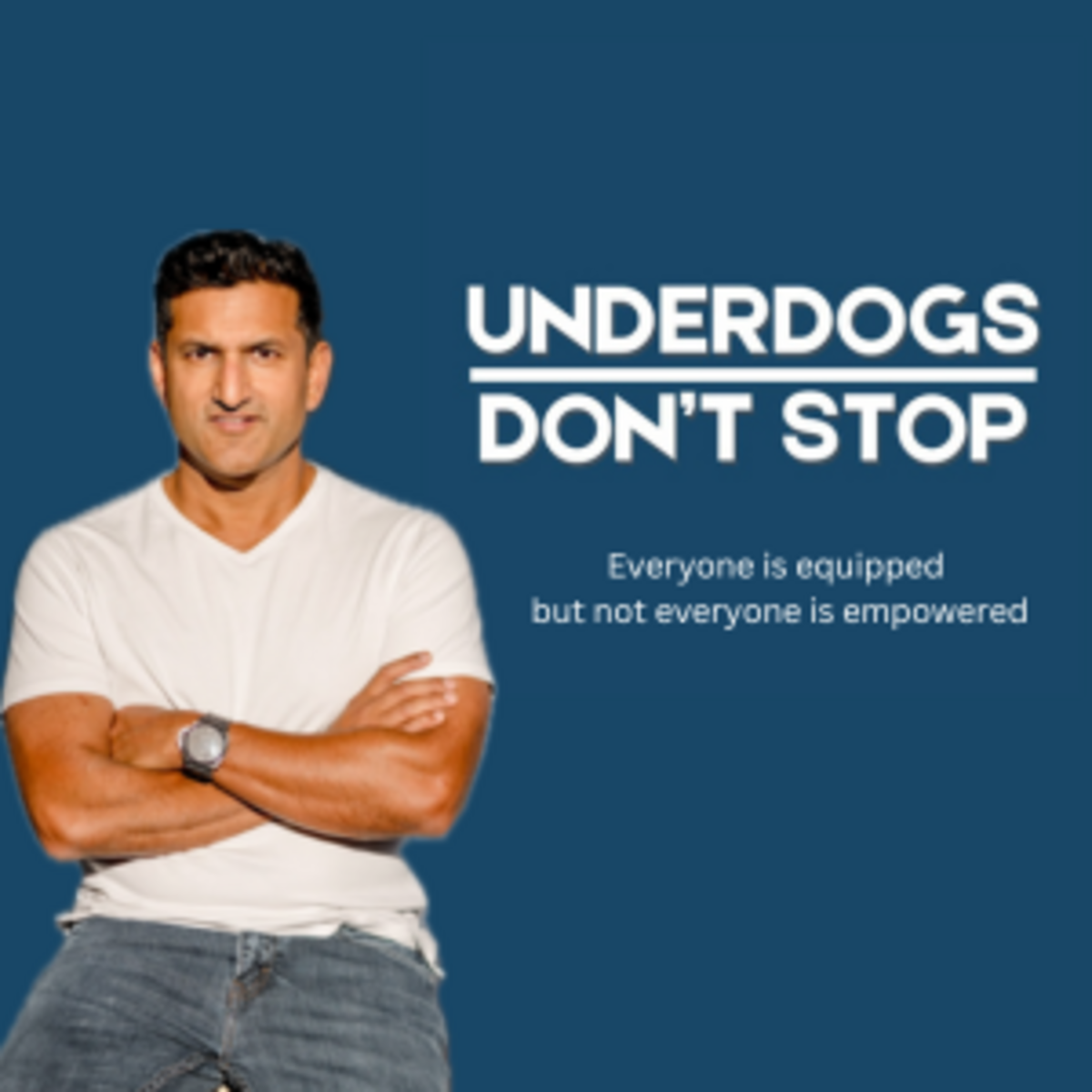
Beyond The Scars: Triumph Over Silence

Born as Marguerite Ann Johnson in St. Louis, Missouri on April 4, 1928, she faced numerous adversities at an early age.
After her parents' separation, she lived with her grandmother in Stamps, Arkansas. Her older brother gave her the nickname "Maya," which she would use as her preferred name later in life. There, she experienced firsthand racial prejudices and discrimination.
During a brief stay with her mother at age seven, Maya was raped by her mother's boyfriend. In retaliation for the sexual assault, her uncles killed the boyfriend. The traumatic experience led her to stop talking for six years.
Despite these challenges, Maya's passion for language flourished. She embraced poetry and literature, overcoming her mutism and finding her voice again.
A brief high school relationship resulted in a pregnancy. At 16, she gave birth to her son, Guy Johnson, in 1944. After his birth, she worked multiple jobs to support them both.
Maya moved to San Francisco around this time and received a scholarship to study dance and acting at the California Labor School. She made history as San Francisco’s first African American female streetcar conductor. Her unwavering dedication to artistic expression led her to pursue a career as a calypso dancer and singer, eventually establishing herself as a prominent figure in the Civil Rights Movement.

Maya Angelou made a literary breakthrough with her famous work, "I Know Why the Caged Bird Sings," where she candidly addressed her childhood traumas and resilience. This autobiography won critical acclaim and paved the way for her prolific career, which included several autobiographies, poetry volumes, and essays, as well as impactful roles in film and television. She was recognized for her contributions with numerous awards, including the Presidential Medal of Freedom.
Maya Angelou passed away on May 28, 2014, leaving a legacy of overcoming adversity through creativity and advocacy. She was a world-renowned poet, singer, dancer, and activist. She still evokes powerful emotions when reading her words or hearing her quotes. This is one aspect of her impactful legacy… which started from deep adversity. The motivation to overcome adversity is around us if we take the time to understand others.

Leading with Lessons
I took my 13-year-old daughter to her first golf tournament and our discussions had everything to do with Leadership & Life. I wrote these down because I need to repeat them to myself when leading.
▪️Show up: Back-and-forth discussions on whether she’s good enough or how nervous she was… a consistent response I had was to show up and continue to do these tournaments so they become a little easier over time. Showing up is great enough…
▪️Let it pass: When we don’t have a good shot or hole, our next opportunity is ahead and we should focus on that.
▪️Etiquette: Everyone is anxious so do your part to make it smoother. It will create an environment of kindness and more opportunities to have fun.
▪️I’m good enough: I still have doubts but don’t give it much weight, because deep inside we are all good enough and we should learn to be uncomfortable BUT to know we are capable.

Denison Golf Club at Granville
▪️If I don’t do well today: Do your best and try to do better next time. Repeat and see what happens with practice and the action of showing up consistently.
▪️Sleep, Hydrate, and Consume nutrient and protein-rich food: Restore and prepare the body and mind so it’s ready to perform. Do this not only the night before but form these good habits to be our best consistently.
▪️Hugs, encouragement, and giving time to listen for these important LIFE conversations is what I can do as a father, a leader, a mentor, a friend, and the many roles we all play.
Let’s keep moving forward and help others along the way.

Mindful Investing
Our minds can be limited by our beliefs, routines, and lack of questioning of the status quo.
Beliefs: Our fixed beliefs can trap us in a mindset that stifles growth and creativity. ➡️ If we don't believe it, we can't achieve it
Routines: While routines can bring comfort and efficiency, they can also make us complacent.➡️ Change it up - a different route to work, sit or stand in a different place, talk to a person you haven't in a while
Lack of Questioning the Status Quo: Accepting things as they are without scrutiny may lead to missed opportunities for improvement.➡️ Question the details of your routine today
Breaking free from these limitations requires a conscious effort, and by doing so, we unlock our potential and create room for transformation 🚀.
Thank you for your time and for being a loyal subscriber. If you have feedback or want to see specific content, I'm always open to thoughts and want to continue to improve wherever I can. Underdogs Don't Stop! See you next month!

